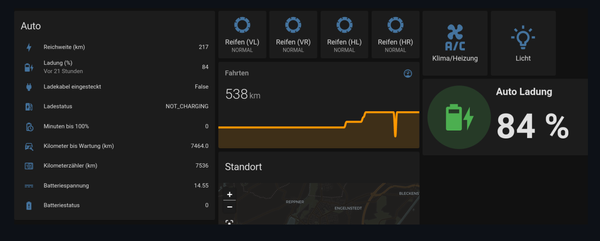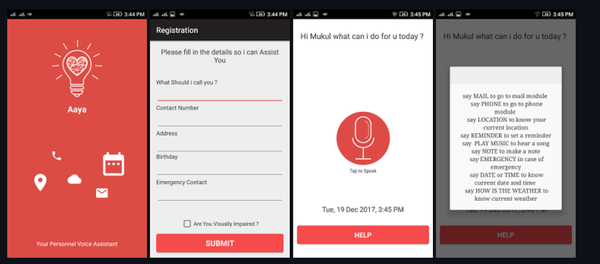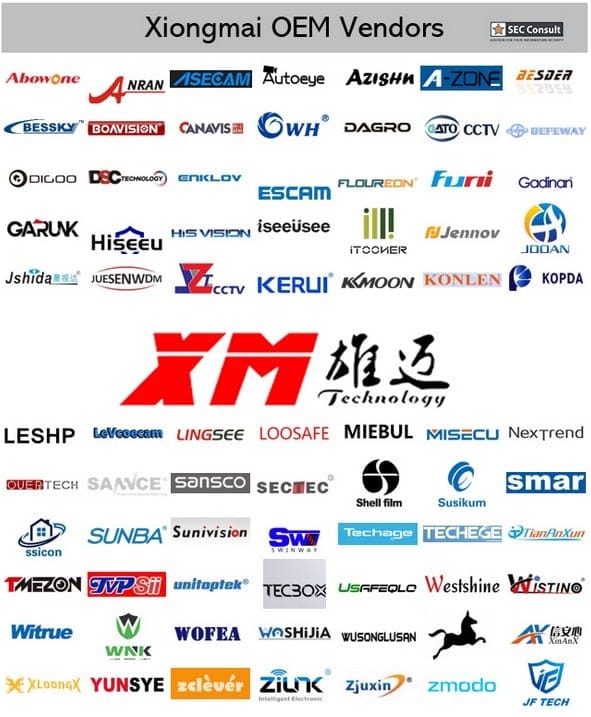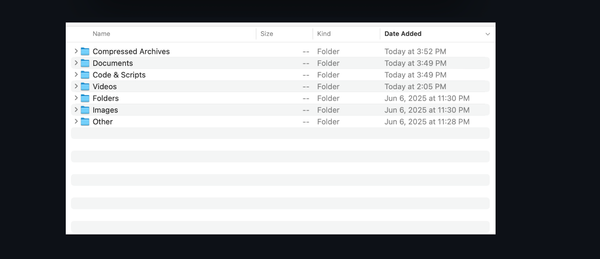10 MUST-KNOW Questions Before You Tune Your Car – The Ultimate Guide to Smart Performance Upgrades
Table of Content
You’ve seen it on the streets: sleek sports cars roaring down the highway, turbocharged engines pulsing with power, exhaust notes that sound like a beast waking up. That’s car tuning — and yes, it can be yours.
But before you drop thousands on a "power chip" or start dreaming about 500 horsepower, there’s something critical you need to ask yourself first.
Car tuning isn’t just about adding more horsepower — it’s about understanding your car, your goals, and what’s truly possible without risking damage, voiding warranties, or wasting money.
Let’s dive into the 10 most important questions to ask (and answer) before you even think about tuning your car, and explore what tuning really is, how it works, and why it's different from “tuning” for other vehicles.
🔥 What Is Car Tuning? (And Why It Matters)
Car tuning refers to modifying a vehicle’s engine, transmission, suspension, or electronics to improve performance, efficiency, handling, or aesthetics. While some people associate tuning with loud exhausts and neon lights, real tuning goes deeper — especially when it comes to engine programming.
Modern cars are packed with computer systems (ECUs — Engine Control Units) that manage everything from fuel injection to ignition timing. Tuning these systems allows you to unlock hidden potential — safely and efficiently.
Think of it like upgrading your smartphone’s operating system: the hardware is already powerful, but the software determines how well it performs.
🚘 10 Critical Questions Before Tuning Your Car
1. What’s My Car’s Current Condition?
Before any tuning, assess your car’s mechanical health. A poorly maintained engine with worn components won’t handle extra power.
✅ Answer: Get a full diagnostic check. Replace spark plugs, air filters, oil, and address any warning lights.
⚠️ Don’t tune a car with a failing transmission or leaking head gasket — you’ll just make things worse.
2. Why Do I Want to Tune My Car?
Are you chasing speed? Better fuel economy? More torque for towing? Or just a cooler exhaust note?
✅ Answer: Be honest. Tuning for fun ≠ tuning for reliability.
Example: If you want better fuel economy, look for efficiency-focused ECU remaps, not aggressive power gains.
3. Is My Car Already Modified?
If you’ve added cold air intakes, aftermarket exhausts, or upgraded turbos, tuning must match those upgrades.
✅ Answer: No point in tuning if your intake can’t feed the engine enough air.
Without proper supporting mods, tuning can lead to lean conditions, overheating, or engine damage.
4. Am I Using OEM or Aftermarket Parts?
Stock parts have limits. Aftermarket upgrades (e.g., high-flow intercoolers, forged pistons) allow safer, more dramatic tuning.
✅ Answer: Know your upgrade path. Don’t over-tune stock internals.
Stock engines typically max out at +15–25% power safely. Beyond that? Reinforcement is needed.
5. What Kind of Tuning Are We Talking About?
There are two main types:
- ECU Remapping (Programming): Adjusting fuel/ignition maps via software.
- Hardware Tuning: Physical modifications (turbochargers, cams, headers).
✅ Answer: Most modern tuning starts with software tuning — it’s cheaper, reversible, and often more effective than hardware alone.
Pro tip: Start with tuning. Then consider hardware upgrades later.
6. Do I Understand the Risks?
Over-tuning can cause:
- Engine knocking
- Reduced lifespan
- Warranty voiding
- Failed emissions tests
✅ Answer: Yes — and I accept the risks only after research and safety checks.
Always work with a reputable tuner who uses quality tools and understands your vehicle.
7. Will Tuning Void My Warranty?
Yes — under U.S. law (Magnuson-Moss Warranty Act), manufacturers can void warranty only if they prove the modification caused the failure.
✅ Answer: Ask your dealer. Use removable tunes (like flashable ECU chips) so you can revert easily.
Many tuners offer “revertible” tuning — perfect for keeping your warranty intact.
8. Is My Car Suitable for Tuning?
Not all cars benefit equally. Diesel engines (especially turbodiesels) respond beautifully to tuning. Some older gas engines are harder to tune safely.
✅ Answer: Research your model. Look up forums like Reddit’s r/cars, Turbo Forum, or manufacturer-specific communities.
Example: BMW N55 engines are famous for being "tune-friendly" — others aren’t.
9. What’s My Budget?
Tuning ranges from $200 (basic ECU tune) to $10k+ (full build with custom parts).
✅ Answer: Set realistic expectations. Prioritize value over raw power.
Cheap tuning = bad results. Invest in quality.
10. Where Will I Get Tuned?
Don’t go to the first shop with a “free tune” offer. Look for:
- Certified tuners
- Real-world dyno testing
- Proper diagnostics
- Written tune logs
✅ Answer: Choose a tuner with experience, reviews, and access to a rolling road (dyno).
A good tune should increase power and improve drivability — not just add noise.
🔧 Tuning vs. Tuning: Why It’s Different Than Other Vehicles
While the term “tuning” applies to motorcycles, boats, and even aircraft, car tuning is unique because:
| Feature | Cars | Motorcycles | Boats |
|---|---|---|---|
| Complexity | High (ECU, sensors, driveshafts) | Medium (smaller ECU, simpler systems) | Low to medium (less digital control) |
| Tuning Methods | ECU remap, hardware mods, software | ECU tune, carb adjustments | Fuel mapping, propeller choice |
| Safety Risk | High (high-speed driving, heavy weight) | Medium | Lower (slower speeds, less mass) |
💡 Bottom line: Car tuning requires precision, balance, and engineering knowledge — not just “more power.”
✅ Final Thoughts: Tune Smart, Not Hard
Car tuning is an exciting journey — but it’s not a shortcut to power. It’s a process of understanding, preparation, and intelligent upgrade.
When done right, tuning gives you:
- Smoother acceleration
- Improved throttle response
- Better fuel efficiency (in some cases)
- A deeper connection with your machine
But remember: The best tune is one that matches your car’s needs, your driving style, and your budget — not just the loudest exhaust on the block.
So before you click “buy” on a mysterious “performance chip,” pause. Ask yourself those 10 questions. Then, tune with purpose.
Because real power doesn’t come from the engine — it comes from knowledge, respect, and smart decisions.
🏁 Ready to tune? Now you’re ready to do it right.
Got questions? Drop them below — we’re here to help you tune smarter, not louder.









